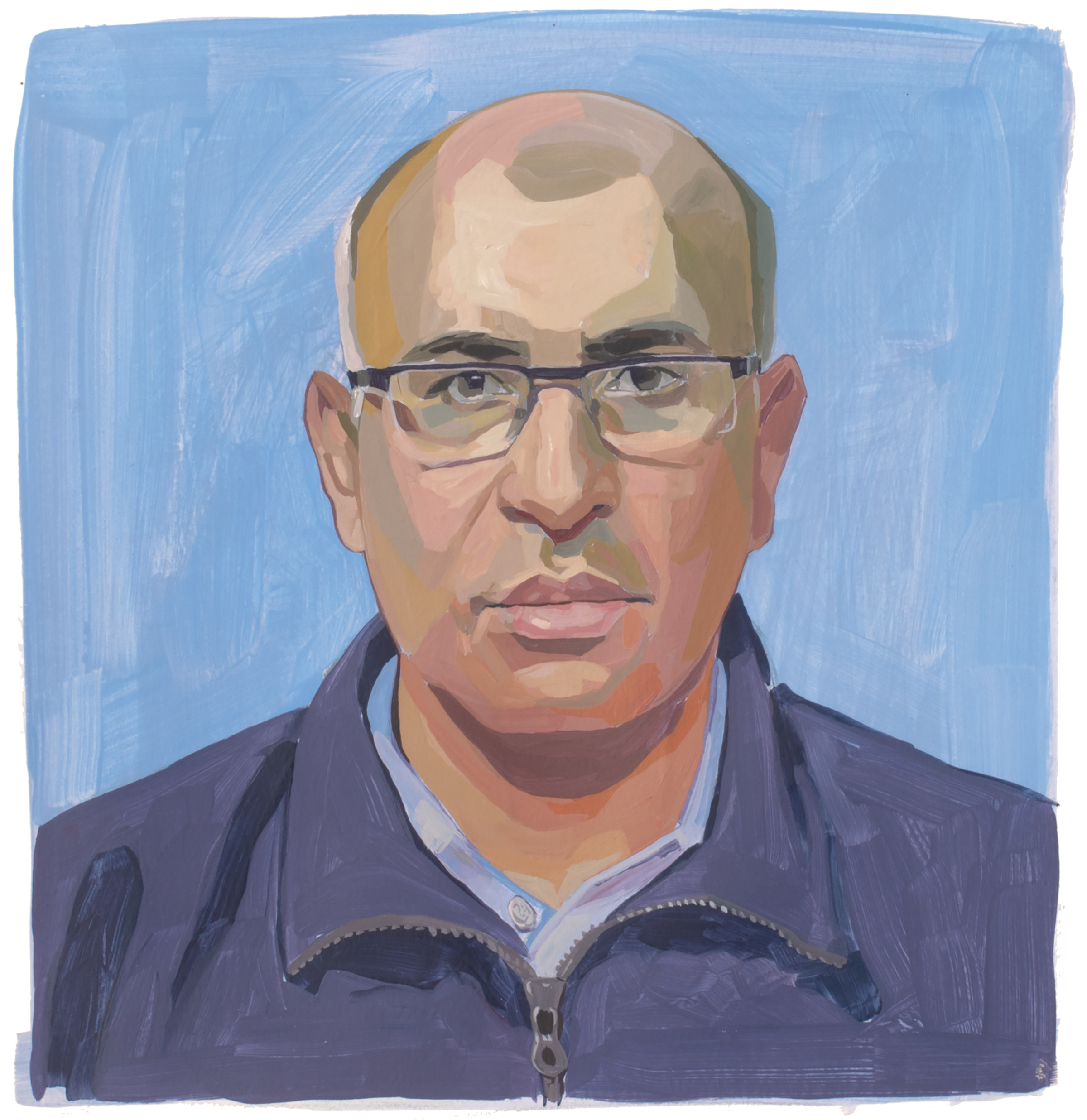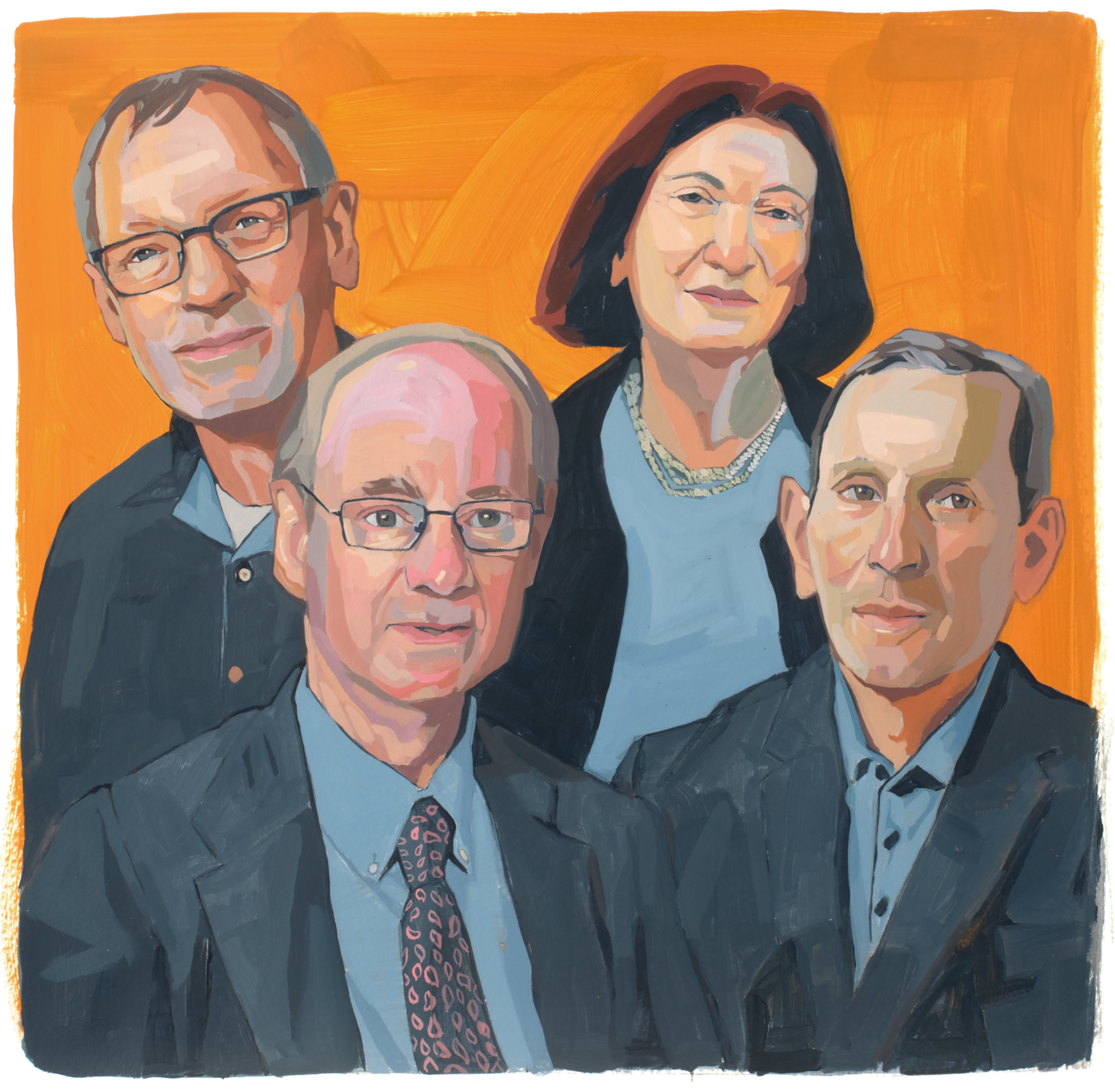The current COVID-19 vaccines are incredibly good at keeping people who catch the virus from getting very sick or dying, but they cannot block infections. That’s where Akiko Iwasaki, professor of immunobiology at the Yale School of Medicine, comes in.
Building on their years of research on other viruses, Iwasaki and her colleagues are working on a new approach to COVID-19 vaccination: administering booster doses via the nose. The idea, Iwasaki says, is to help the body build up additional protection where it’s needed most, blanketing the nose—through which the virus often gets in—with its own defense system. In 2021, she co-founded a company, Xanadu Bio, that is trying to bring nasal vaccines for COVID-19, the flu, and RSV to market.
That work dovetails with Iwasaki’s other focus: postinfectious illnesses like Long COVID, which she began researching during the pandemic and now studies as the director of Yale’s Center for Infection and Immunity. If nasal vaccines help fewer people get infected by the virus that causes COVID-19, she says, fewer people will develop Long COVID.
That’s important, since there’s no known cure for the chronic condition—although Iwasaki is working on that too. She’s led studies on how COVID-19 vaccines and antivirals affect Long COVID symptoms, as well as on the underlying biology of the disease, and says her focus will remain there moving forward. “It’s not going to be solved overnight,” she says, “but I’m committed to doing it.”
More Must-Reads from TIME
- Cybersecurity Experts Are Sounding the Alarm on DOGE
- Meet the 2025 Women of the Year
- The Harsh Truth About Disability Inclusion
- Why Do More Young Adults Have Cancer?
- Colman Domingo Leads With Radical Love
- How to Get Better at Doing Things Alone
- Michelle Zauner Stares Down the Darkness
Write to Jamie Ducharme at jamie.ducharme@time.com





